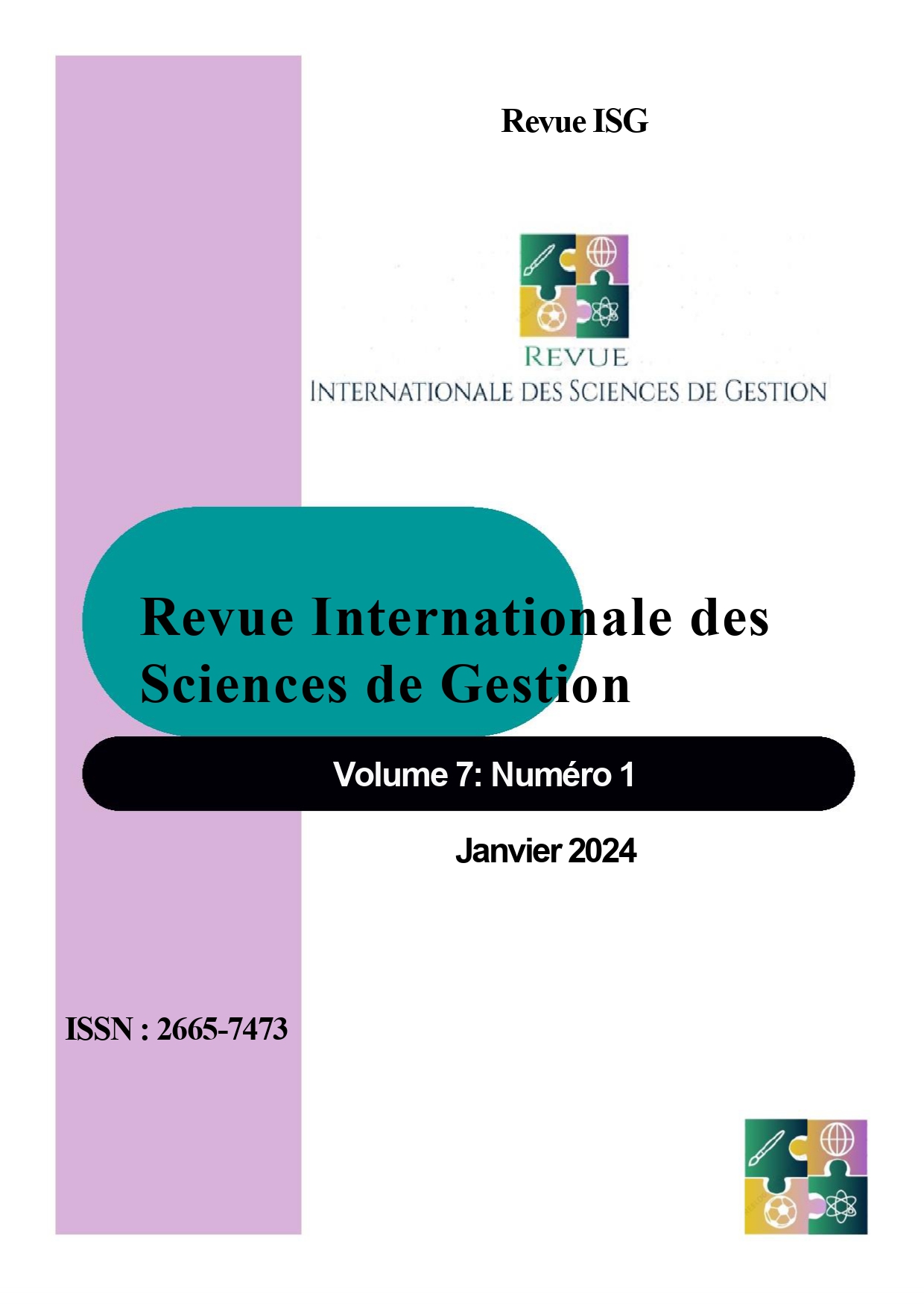The Effects of IFRS Adoption: Analysis of Existing Literature and Suggestions for Further Research
Keywords:
IFRS adoption, Value relevance, Earnings management, Analysts’forecasts and accounting conservatismAbstract
This paper conducts a comprehensive review and analysis of the literature pertaining to the economic and financial reporting implications associated with the adoption of IFRS. The primary objective is to provide a precise yet comprehensive understanding, drawing from empirical archival literature, of how the adoption of IFRS has influenced various aspects such as comparability, the relevance of accounting figures to a company's value, earnings management, timely losses recognition, analysts' forecasts, and capital markets. The analysis is based on a thorough examination of 65 published by the accounting journals that make up the Social Sciences Citation Index (SSCI), published between 2009and 2022. The findings suggest that forecast accuracy has improved following the implementation of IFRS. Overall, the reliable studies indicate that the economy operating under the framework of IFRS has experienced favorable outcomes, including increased foreign investment and reduced cost of equity.
Downloads
Downloads
Published
How to Cite
Issue
Section
License
Copyright (c) 2024 Samia EL IDRISSI RIOUI , Ismail NIMI , Mbarek BENDDIH

This work is licensed under a Creative Commons Attribution-NonCommercial 4.0 International License.


















